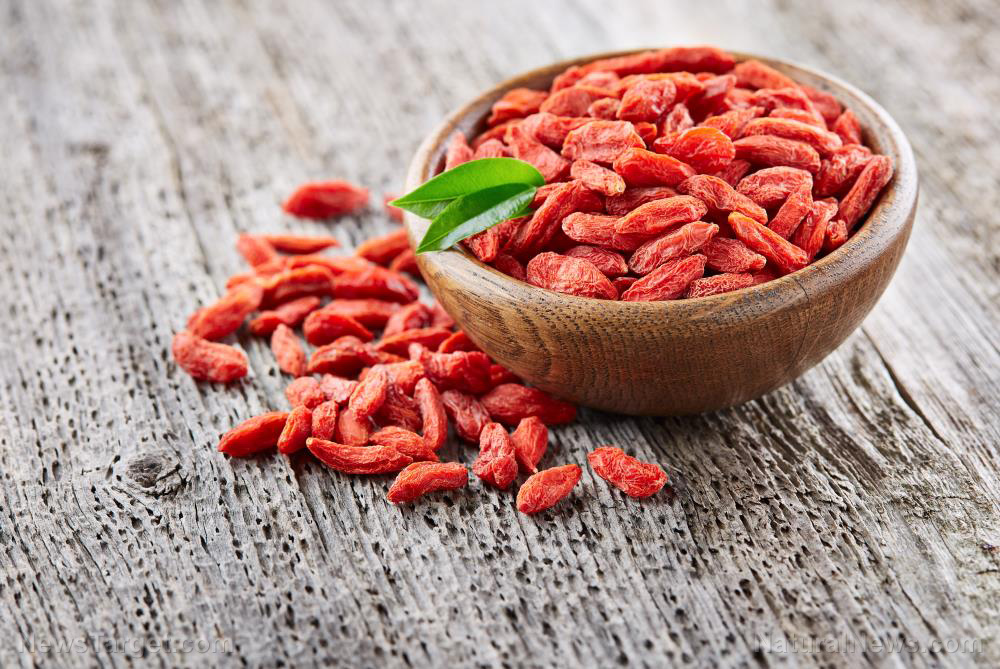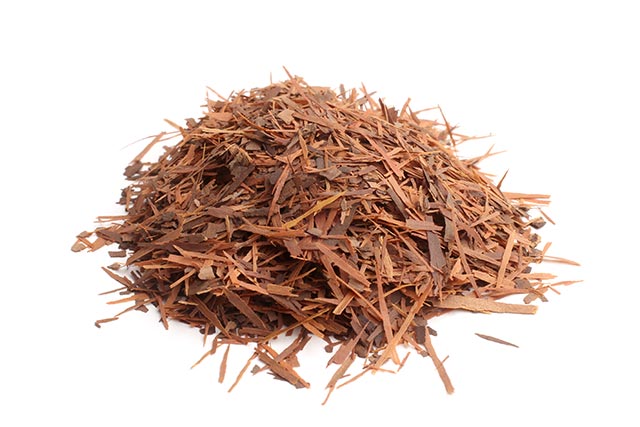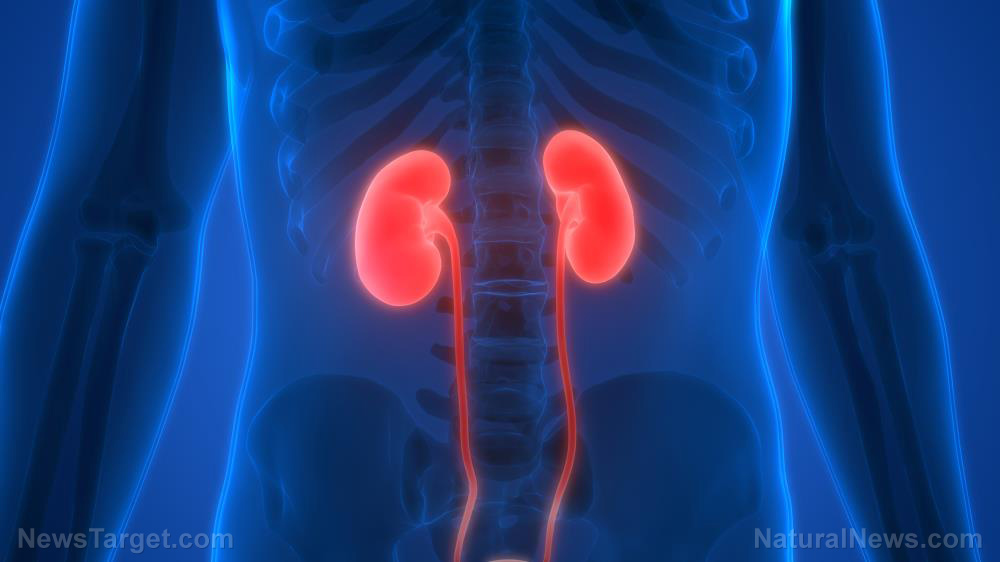Researchers assess the impacts of camel’s milk on heart health
06/18/2018 / By Ralph Flores

Regular consumption of certain types of camel’s milk could potentially reduce the risk of cardiovascular diseases caused by hypertension, according to an article published in CyTA – Journal of Food. The paper, authored by Omar Amin Alhaj of King Saud University in Saudi Arabia, identified ACE-inhibitory peptides from camel’s milk that have been fermented with Lactobacillus bacteria.
- In the article, the author indicated that camel’s milk is a viable nutritional source for people who live in dry and urban areas.
- The goal of the study was to distinguish peptides that inhibit the production of ACE in camel milk that was produced using L. helveticus and L. acidophilus.
- In milk fermented using the L. helveticus strain, 10 ACE-inhibitory peptides were found, which were superior to those made with the L. acidophilus strain.
- All peptides were recorded to have a molecular mass well under 1,200 Da and were stable up to 15 days in storage.
- In addition, all amino acid sequences corresponded to β-casein found in camel milk (Camelus dromedarius).
The results highlighted by the paper, according to the author, could be used in further research to develop fermented camel’s milk.
Read the full text of the study at this link.
Journal Reference:
Alhaj OA. IDENTIFICATION OF POTENTIAL ACE-INHIBITORY PEPTIDES FROM DROMEDARY FERMENTED CAMEL MILK. CyTA – Journal of Food. 5 December 2016;15(2):191–195. DOI: 10.1080/19476337.2016.1236353
Tagged Under: ACE-inhibitory peptides, camel milk, cardiovascular disease, fermented camel milk, fermented milk, hypertension, Lactobacillus




















